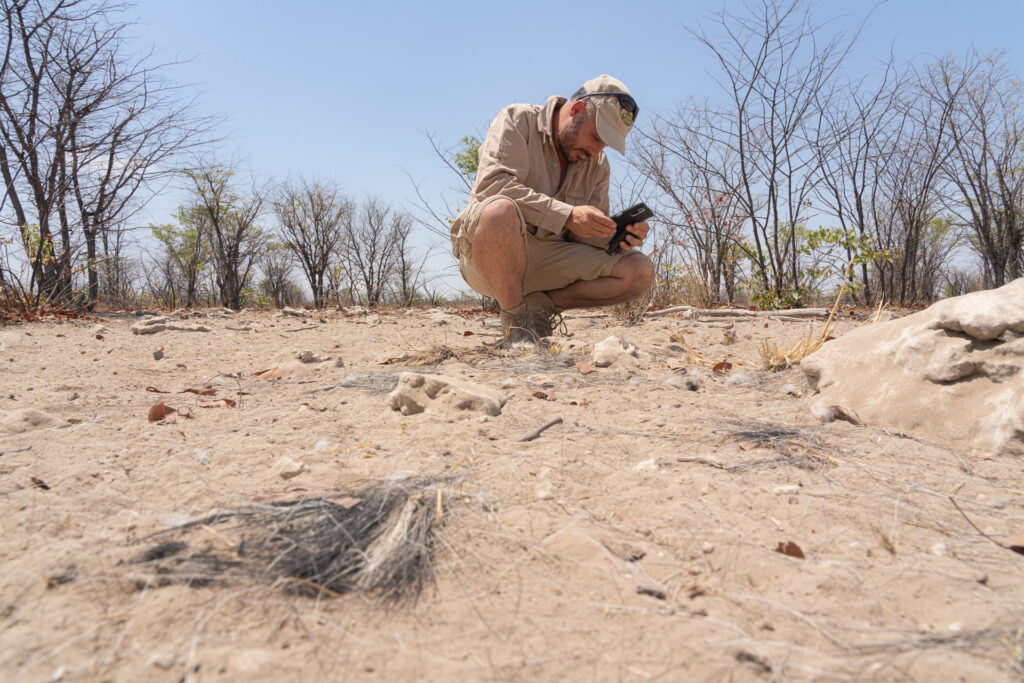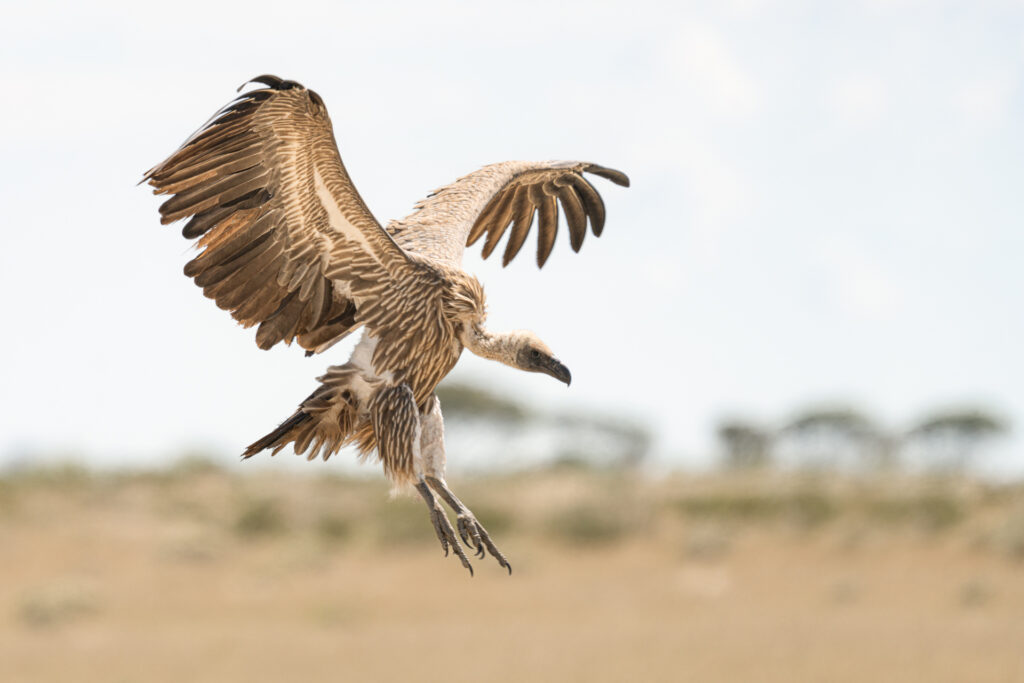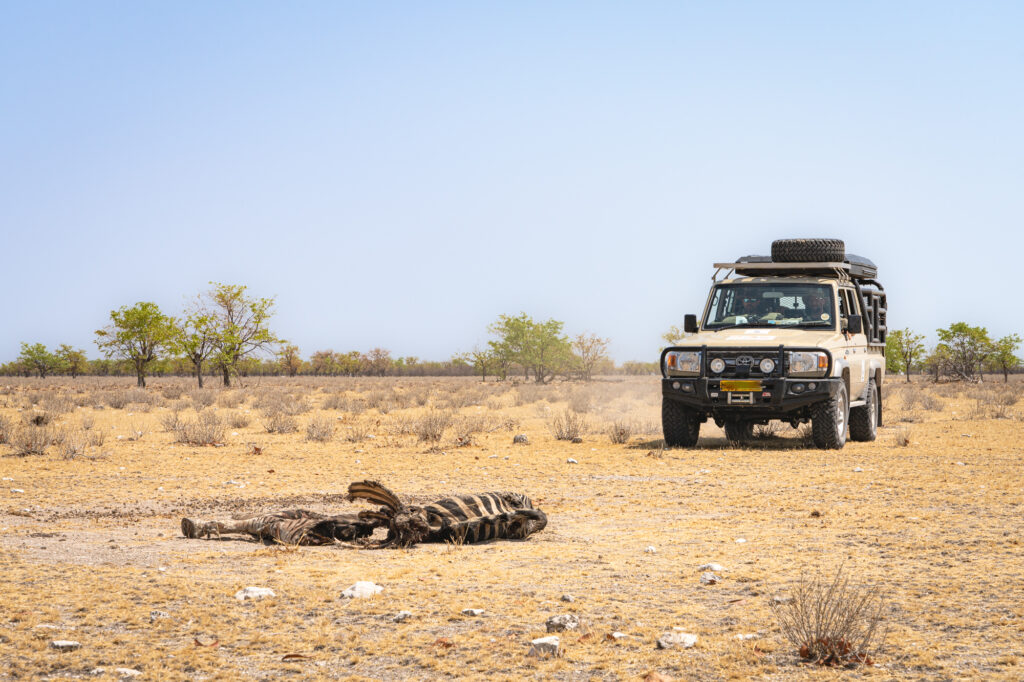GAIA is developing an early-warning system that aims to monitor environmental changes and critical ecological incidents. This system relies on a better understanding of predators and scavengers in specific ecosystems, such as lions and vultures in Savannah ecosystems. Furthermore, it focuses on the development of advanced technological tools that can connect the evolutionary intelligence of sentinel species with artificial and human intelligence. One of the main applications for this system is the timely and reliable detection of wildlife disease outbreaks that pose a threat to animals, ecosystems and humans.



Wildlife diseases can have significant impacts on wildlife populations, including vulnerable or endangered species, entire ecosystems, as well as humans and livestock. The acceleration of environmental changes can sometimes contribute to the spread of wildlife diseases. For instance, when the home ranges or migration routes of species shift due to changes in precipitation and vegetation cover, and as interactions with other species or humans become more frequent. However, detecting wildlife diseases can be challenging, especially in areas where wildlife populations are still high and when disease outbreaks occur far from human observation. Nevertheless, there is a need for a reliable and swift detection of local or regional disease outbreaks in order to contain the spread, minimize the risk of transmission to humans, and prevent the emergence of new diseases.
Scavengers, such as vultures, play a crucial role in the natural containment of wildlife diseases. They efficiently remove carcasses from the environment, reducing the risk of spread and contamination. However, this behaviour also hinders the ability to retrieve samples and detect diseases. Additionally, scavengers can occasionally transport pathogens over long distances, contributing to the spread of diseases. By integrating scavengers into the early-warning and monitoring system being developed by GAIA, their presence can aid in the detection of carcasses and facilitate sampling to identify disease outbreaks. Once implemented, this system will provide consistent monitoring of landscapes patrolled by vultures, offering a valuable resource in an otherwise challenging and sporadic endeavour. Monitoring diseases in remote regions often lacks necessary funding, is short-lived, and focuses primarily on short-term health concerns like avian influenza or Covid-19.
The GAIA early-warning system involves the use of newly designed animal tags for vultures that come equipped with built-in cameras, AI algorithms for behaviour detection and image recognition, and satellite uplink for real-time coverage in remote regions. Additionally, GAIA is working on a tool for monitoring carcass sites and disease outbreaks, which can be used by implementing organizations. This tool will enable these organizations, as well as potentially affected communities, to respond rapidly and mitigate the various risks associated with wildlife disease outbreaks.

